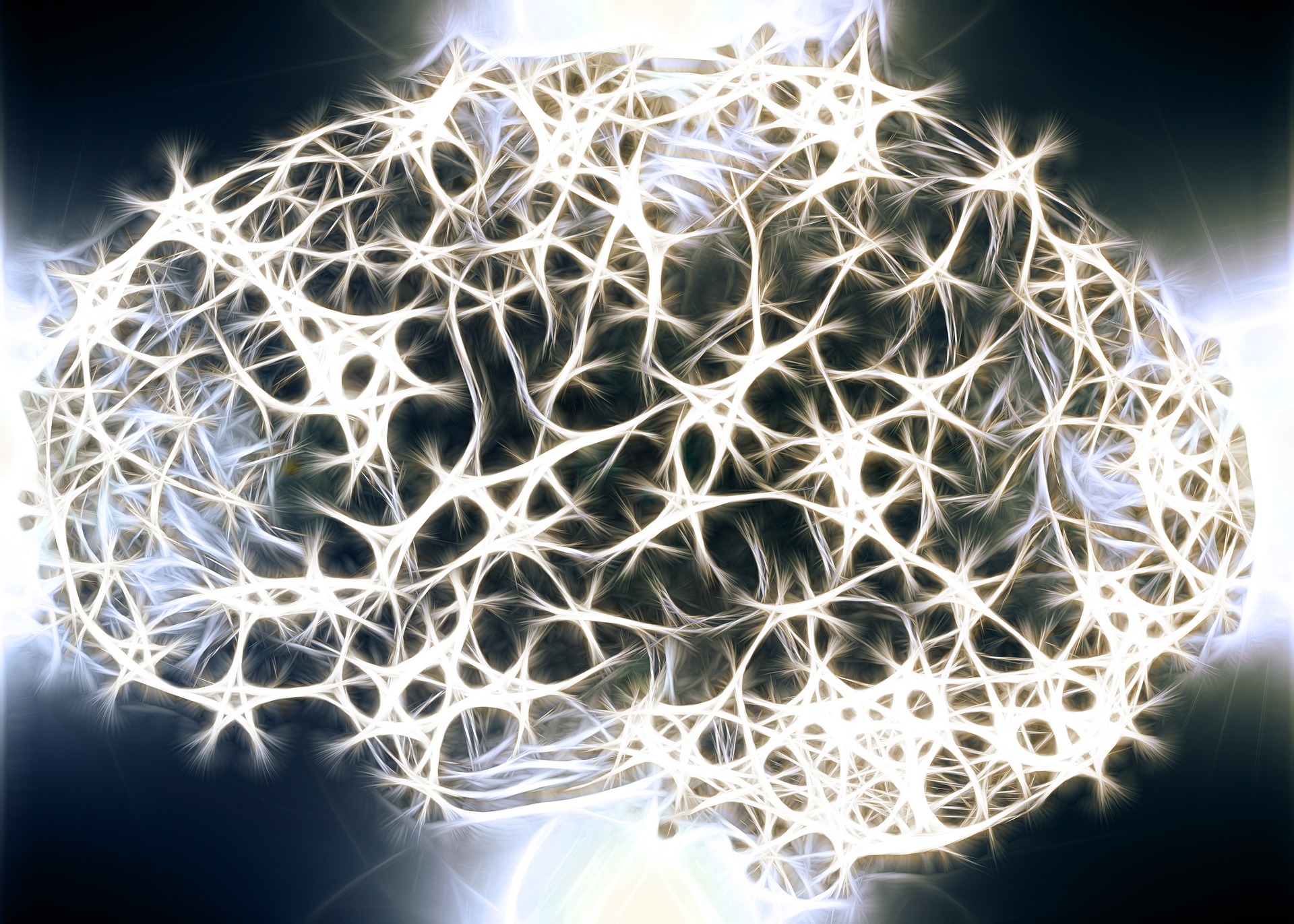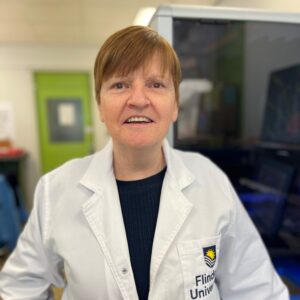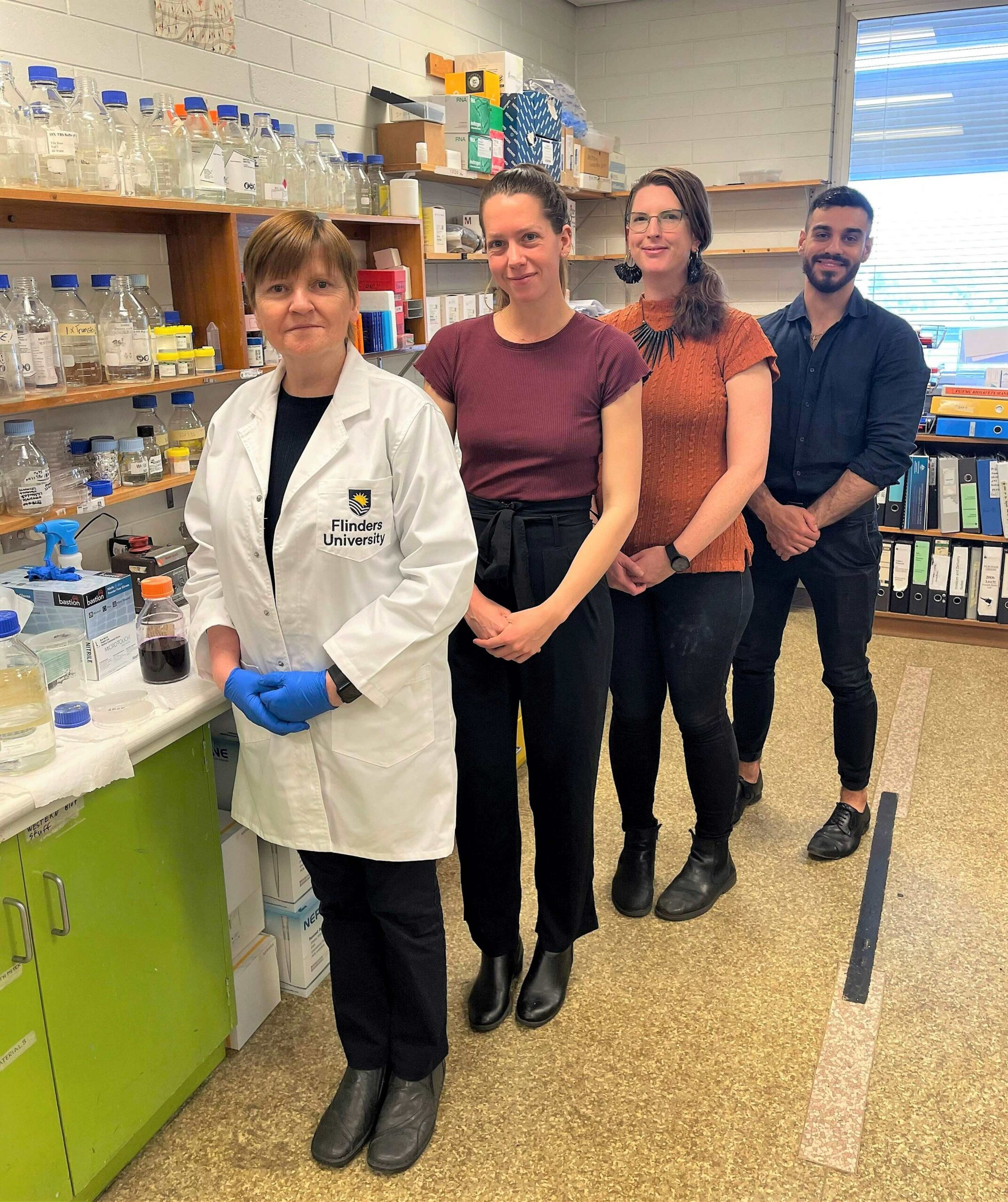
A new cutting-edge project under the leadership of FHMRI researcher Associate Professor Mary-Louise Rogers will test if an ancient virus may cause Motor Neurone Disease (MND) and, whether targeted therapy against it could help with the development of more effective treatments for the disease.
Associate Professor Rogers from the College of Medicine and Public Health has received almost $1 million in funding from leading Australian funding organisation FightMND to continue her innovative research into MND.
One in 300 Australians will be diagnosed with MND during their lifetime. Reliable diagnosis occurs late in disease progression, resulting in irreversible nerve damage. The average life expectancy is only 27 months from diagnosis in Australia.
Motor neurone disease (MND) is a fatal neurological condition, in which the nerve cells controlling the muscles that enable us to move, speak, breathe and swallow undergo degeneration and die. MND is also known as Amyotrophic Lateral Sclerosis (ALS) in other parts of the world.

“There are still huge gaps in our understanding of what causes motor neurone disease, and in the development of effective treatment options. With no known cure, we urgently need to gain a better understanding of this disease so we can develop more successful therapies and improve patient outcomes,” says Associate Professor Rogers.
The research project will investigate if an endogenous retrovirus causes motor neurone disease, and whether antisense therapy against a retroviral protein could help fight the disease.
Endogenous Retroviruses (ERVs) are ancient viruses that began to be integrated into the human genome some 30-40 million years ago and became fixed in our DNA.
Antisense therapy is an approach to fighting diseases using short DNA-like molecules called antisense oligonucleotides. Recently, antisense therapy has emerged as an exciting and promising strategy for the treatment of various neurodegenerative and neuromuscular disorders.
“Our cutting-edge project will use genomic and cellular tools to map out how endogenous retroviral remnants may alter cells and cause motor neurone disease. We will then test whether antisense therapy targeted to an endogenous retroviral protein can be used to successfully treat MND.
“Our results may be able to help the current Lighthouse Trial that is testing anti-retroviral therapy and could be significant in the future development of treatments”, adds Associate Professor Rogers.
The Lighthouse project is the first clinical trial in the world conducted with modern combination antiretroviral therapy to improve disease progression in patients with MND. Phase 2 of the trial showed that a drug called Triumeq, previously used to treat HIV, may slow disease progression in people living with MND.
The research project also involves other researchers from Flinders University and UniSA.









